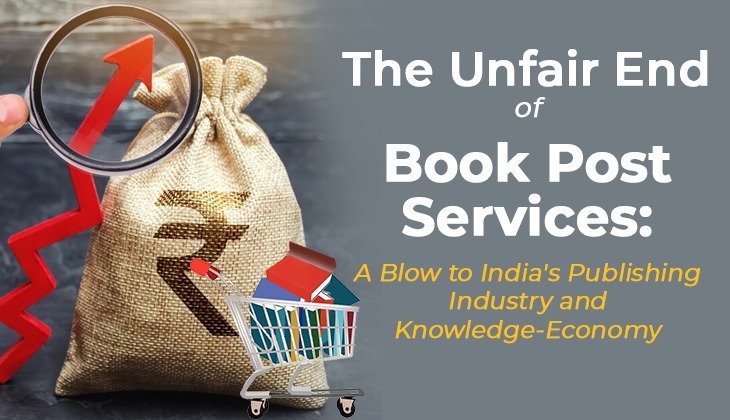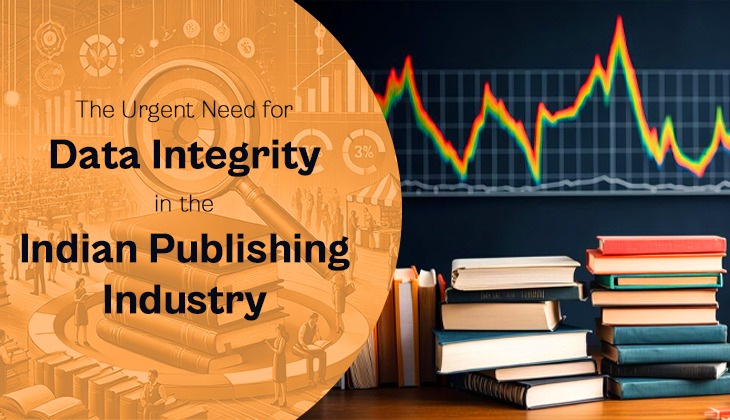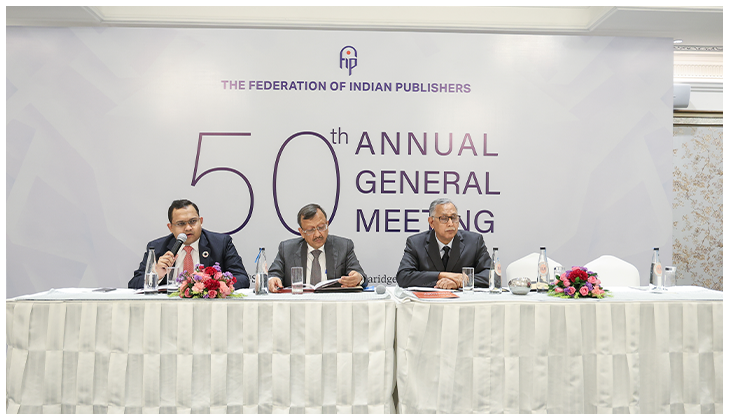Publisher-Author: Talk about the publishing world and this shines out as the ultimate relation. Actually, it is responsible for everything else that matters then, be it the flow of the content and ideas, the buying and selling deals or the popularity that comes along. I might miss out on some other features, but this relationship has a major contribution towards varied aspects of lasting literary achievements.
Whether it’s the dependence of an author on the publisher or vice versa, this structure has been there since long. No doubt that off-late, the emergence of digital publishing has created a variety of self-publishing options for the authors. But there’s also this insistent reality, that the urge of gaining acceptance from traditional publishers is still as fresh and sound amid the burgeoning world of authors. And why wouldn’t it be? After all, no matter how digital we get, there’s nothing as pleasurable and satisfying as reading a real book.
If you talk about it in detail, the concept of self-publishing goes back to Walt Whitman’s era. But can you name a single name that got success? None! I thought so. That only proves that want for the publishers’ stamp of approval has always existed and will continue to exist.
Observing this ongoing publisher-author relationship, the one thing that’s hard to deny is the fact that this equation has always been in adversarial position. And that’s primarily because of the prevalent market scenario and flexible reading trends. Publisher mostly acts as the middleman, responsible for all the bookselling that happens in the market. And, more often than not, he would support you only if there is a market for your writing. Take for instance J.K. Rowling’s fantasy series ‘Harry Potter’. Around twelve publishing houses rejected Rowling before she got the green signal from Bloomsbury. The reason behind this rejection was the lack of market for such fantasy novels. And know what? Bloomsbury accepted Rowling’s ‘Harry Potter’ only when Alice Newton, the eight-year-old daughter of Bloomsbury’s chairman, demanded the next chapter after reading the first. That’s unbelievable, isn’t it! Just imagine, had she not read it or rather missed reading it, Harry Potter might not have made it to the books, much less cinema theaters and TV screens! Looking at it now, it seems like the Bloomsbury chairman did sense the prospective market for ‘Harry Potter’ up then!
All in all, the leading factor that affects the relationship between these two giants of book world is the market itself. Change of interest of readers lead to a varying degree of amiability between the two. Within that, the author-publisher relationship works together as a self-automated unit. While the publisher brings the author’s mastermind to mainstream, it is the trust that the author extends towards the publisher for bringing an identity to his work.


